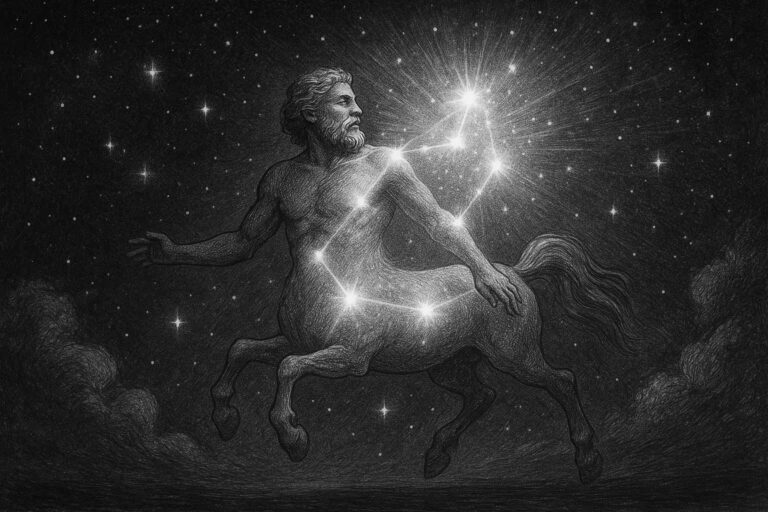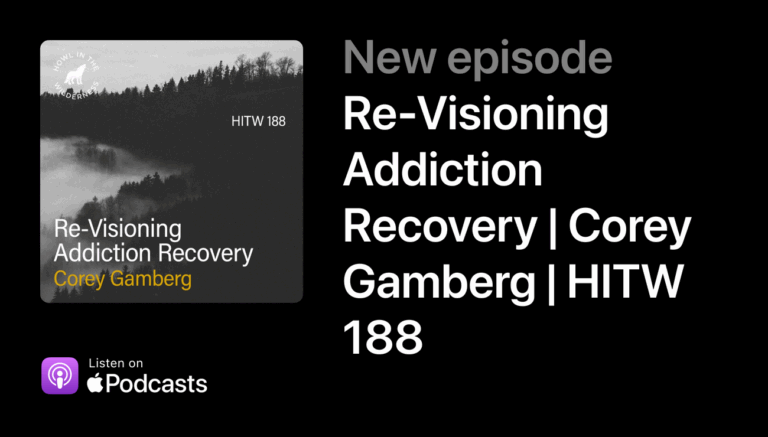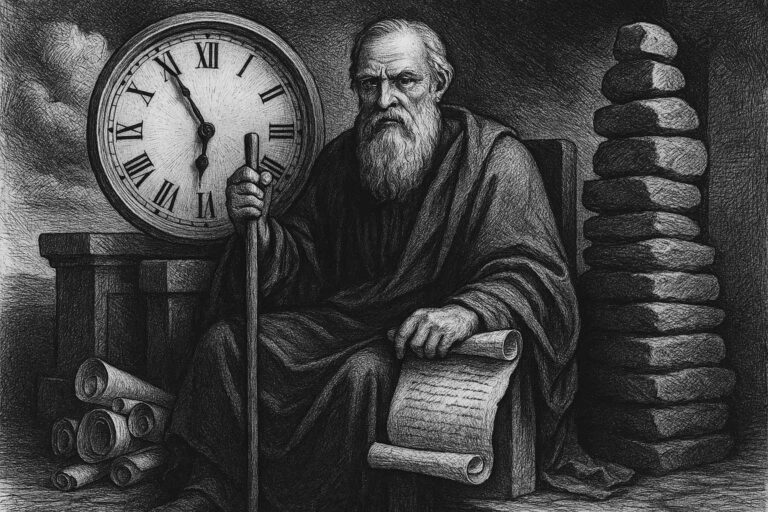12 step recovery only views addiction and recovery through the consciousness of the shadow. In this right, it’s successful only in the first task of recovery ; to see it’s own shadow. One who finds success within this framework, seems to inevitably “hit a wall”, the true initiatory moment. If the feeling is followed, one is lead, and completes the task of “seeing-through” recovery itself, integrating it’s shadow. Most times however, this moment is marked my fear, trepidation, and advice to “do more work on yourself” – but, is it the individual that needs this “work”, or recovery itself?
The 12 steps paradoxically brings one into recovery, and helps one to “see-through” recovery. This experience leads one to the next level of consciousness in which to view, understand, and integrate addiction and recovery – a consciousness of anima, of soul.
“First shadow….then Anima”
“If the coming to terms with the shadow is the “apprentice-piece”, then that with the anima is the “master-piece”
“Recognizing the shadow is what I call the apprenticepiece, but making out with the anima is the masterpiece which not many can bring off”
-C.G Jung
This is the work of Depth Recovery, in which we begin be taking flight from the horizontal axis in which we have viewed addiction and recovery ; causally and developmentally. And we drop down into the axis of verticality, into the depths of the experience of both phenomena. The experience of both becomes de-personalized, and the questions shift from me, to soul.
In this, the first task becomes a radically re-imagined perspective of addiction and recovery. We must see, that it is not the “work” to try to resuscitate something that has come to it’s end, doing our utmost to keep it alive. But, to see the beauty in the ending, the potential for the new way, and a new beginning…
With this, Depth Recovery raises the question, is recovery sick? The answer, yes. Recovery becomes sickened by the likes of those who claim its praise the most, those who refuse to let it die to itself, in order to be transformed to its next level, its next consciousness. The willingness that once ushered in a new perspective, becomes an unwillingness to let go, and to see that recovery has become an enantiodromia ; a new addiction, this time to an idea, an ideology.
“Every form of addiction is bad, no matter whether the narcotic be alcohol or morphine or idealism…”
– C.G. Jung
If we can not let go of one idea of recovery in order for a new one to arise, we are participating in holding it back from its right to individuation itself, and its on going development to its highest desire – the recovery of soul, and a return to soul-making.
By soul I mean, first of all, a perspective rather than a substance, a viewpoint toward things rather than a thing itself. This perspective is reflective; it mediates events and makes differences between ourselves and everything that happens. Between us and events, between the doer and the deed, there is a reflective moment — and soul-making means differentiating this middle ground.
James Hillman




